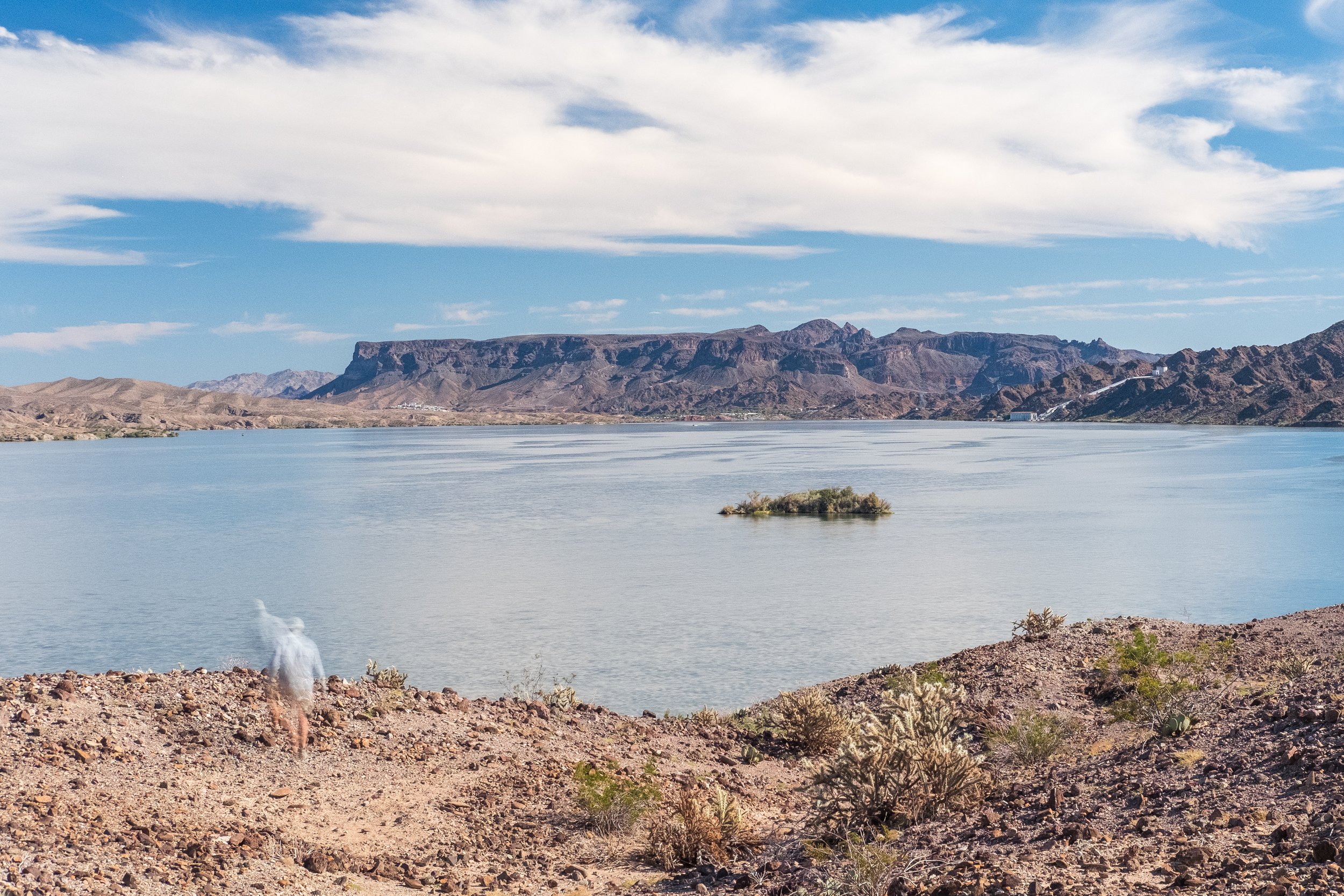
November 2022 - Organizing AAG session on “Unconventional Waters”
I will be at the American Association of Geographers (AAG) conference in March 2023 (23-27) in Denver, Colorado. Alongside my colleagues, Joe Williams (Cardiff University) and Ekta Patel (Duke University), I have been organizing sessions called: Unconventional Waters and the Contemporary Dynamics of Power and Politics. We have secured our speakers, scholars from very diverse backgrounds, experiences, and affiliations from all over the world.
If you will be attending AAG, please don’t hesitate to reach out to me, and please attend our sessions (there will be two). The description of the session is as follows:
In recent years, the social sciences have developed a range of studies of the uneven social dynamics surrounding water in varying contexts. “Unconventional waters” such as desalination and recycled water are now proliferating through the hydro-social cycle through myriad natural, social, political, economic, and cultural configurations, originating from small-scale technologies to mega-infrastructure projects across the World-system. Investigating this “uncooperative commodity,” as Karen Bakker (2005) calls it, scholars have used issues surrounding “new” waters to expose the tensions societies face regarding the use, allocation, and access to water resources as well as how to adapt to climate change. Our session(s) at this year’s Annual American Association of Geographers (AAG) meeting aim to excavate the limits and potentialities of this pattern.
In the case of desalination, while engineers have touted its merits across its rural, urban, oceanic, and inland applications, the emerging social science scholarship has begun to show troubling trends. Encounters at this emergent resource frontier have not necessarily eased perceived situations of water scarcity but may in fact compound socio-spatial inequalities as Capital seeks to produce, in Andreas Malm’s terms, a stock resource from a flow (2016). The quest for unconventional water, scholars have argued, marks an important – and potentially transformative – change in the hydropolitics of capitalism (Swyngedouw 2013; Gandy 2014; March 2015; Williams 2022). Desalination thus presents itself as a profound site of contradiction facing a climatically changing and politically contentious world-ecology (O’Neill 2020; 2022a, b). Furthermore, as desalination is linked to the circuits of finance capital, new research is needed to understand and expose emerging patterns of accumulation, dispossession, and delivery (Loftus and March 2016).

